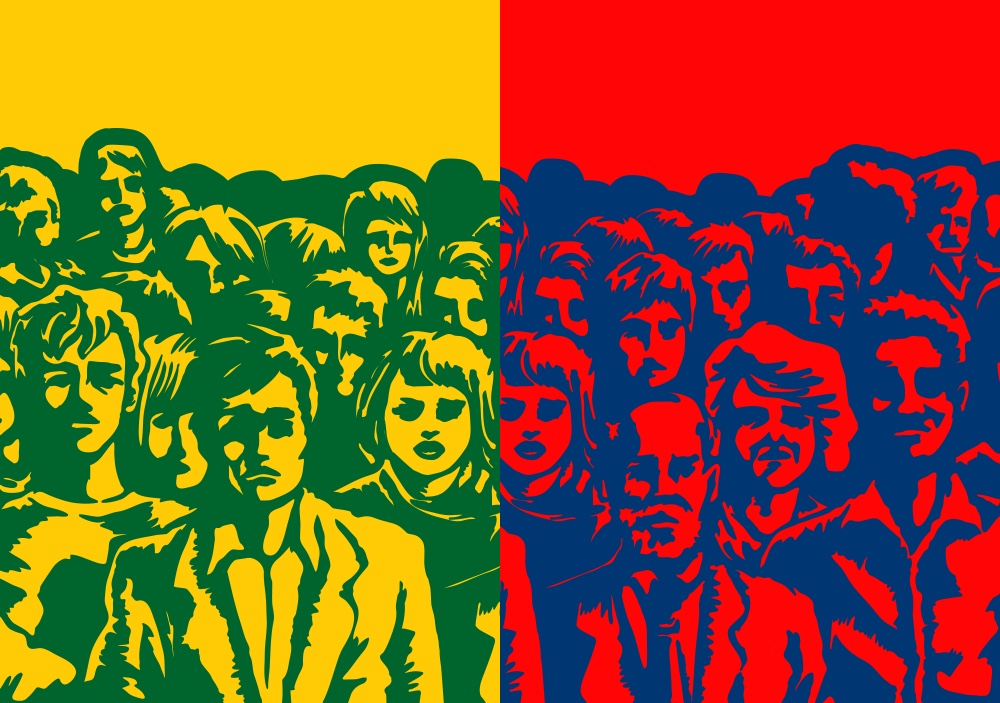RIO DE JANEIRO, BRAZIL – Out of ten Brazilians, eight agree that there is a lot or significant tension between supporters of different political parties. The result was obtained in a global survey conducted by Ipsos in January this year, which examined people’s perceptions of issues that can create tension and polarization in societies, published by Valor.
The survey was conducted simultaneously in 28 countries, with a total of 23,004 interviews. People were asked whether they saw a lot of tension, considerable tension, little tension, or no tension in various areas, such as relations between rich and poor, between adherents of different religions, and between men and women.

Brazil was above the world average in 11 of the 12 questions examined. Only on the question about the relationship between immigrants and those born in the country itself was below average.
Among Brazilians, the case of supporters of different political parties was most aggravated, with 83% of positive responses (respondents who see a lot or considerable tension in this area).
The countries with the highest rates were South Korea with 91%, the United States with 90%, and Hungary with 88%. The lowest percentage, the place with the lowest perception of tensions between supporters of different parties, was observed in Japan with 31%. The world average was 69%.
For Brazilians, the second area where there is the most tension among the issues studied is the relationship between rich and poor, with 79% compared to 74%. In third place was the issue of different social classes, with 77%.
The director of Ipsos’ Public Opinion segment in Brazil, Helio Gastaldi, says that the survey results reflect the fact of excessive partisan polarization in the country, a phenomenon that he believes is spreading throughout society.
“In the last presidential election in 2018, this element took apparent contours. The group’s communication strategy that succeeded in the elections and is now in power is not to seek dialogue, persuasion, consensus. The behavioral pattern of this group is to place the political opponent as the enemy. They act as if it were a war,” Gastaldi says.
“In war, anything goes. And the goals are different: to destroy the enemy, to harass him, to label him, and restrict his activities as much as possible. People who sympathize with that group assimilate that pattern of behavior and then reproduce it in other areas.”
For the researcher, social networks have played a “crucial role” in reinforcing this trend. With enormous capillarity and algorithms that match people with the same interests, networks end up becoming environments that foster exacerbations, he says. “I fear that the situation will get worse, that the boiling point hasn’t been reached yet.”
The survey, “Culture wars around the world: how countries perceive divisions,” which has only now been published, collected responses from 1,000 people in Brazil via an online questionnaire from Dec. 23, 2020, to Jan. 8, 2021. The margin of error for Brazil is 3.5 points plus or minus.
Source: Valor

